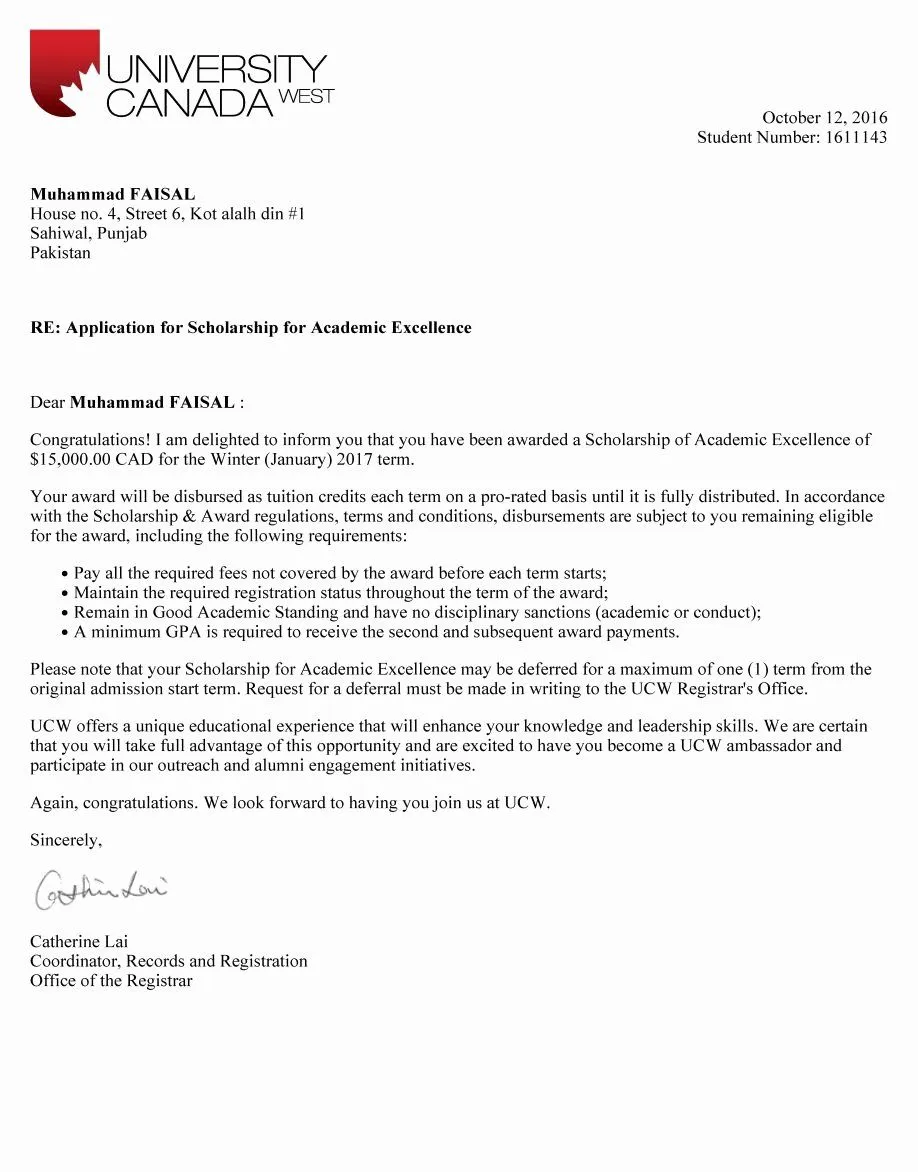Cover Letter Secrets
In today’s competitive job market, a well-crafted cover letter is more than just a formality; it’s your opportunity to make a lasting impression and secure your dream job. Often overlooked, the cover letter serves as your first introduction to a potential employer, showcasing your personality, skills, and enthusiasm. This guide unveils the secrets to writing a cover letter that grabs attention, highlights your strengths, and ultimately, lands you an interview. We’ll delve into the essential components of a compelling cover letter, explore proven strategies, and provide practical tips to help you stand out from the crowd and impress hiring managers. A great cover letter can set you apart and is a powerful tool in your job search arsenal.
Why Cover Letters Matter
While your resume provides a snapshot of your experience and qualifications, a cover letter allows you to tell a story. It’s where you connect the dots, explain your career trajectory, and demonstrate why you’re the perfect fit for the specific role and company. A well-written cover letter goes beyond simply restating your resume; it adds context, reveals your personality, and showcases your communication skills. By demonstrating your genuine interest in the position and the organization, you can significantly increase your chances of moving forward in the hiring process. A cover letter allows you to highlight your key skills that relate to the specific job description and to show how you meet the requirements.
The Purpose of a Cover Letter
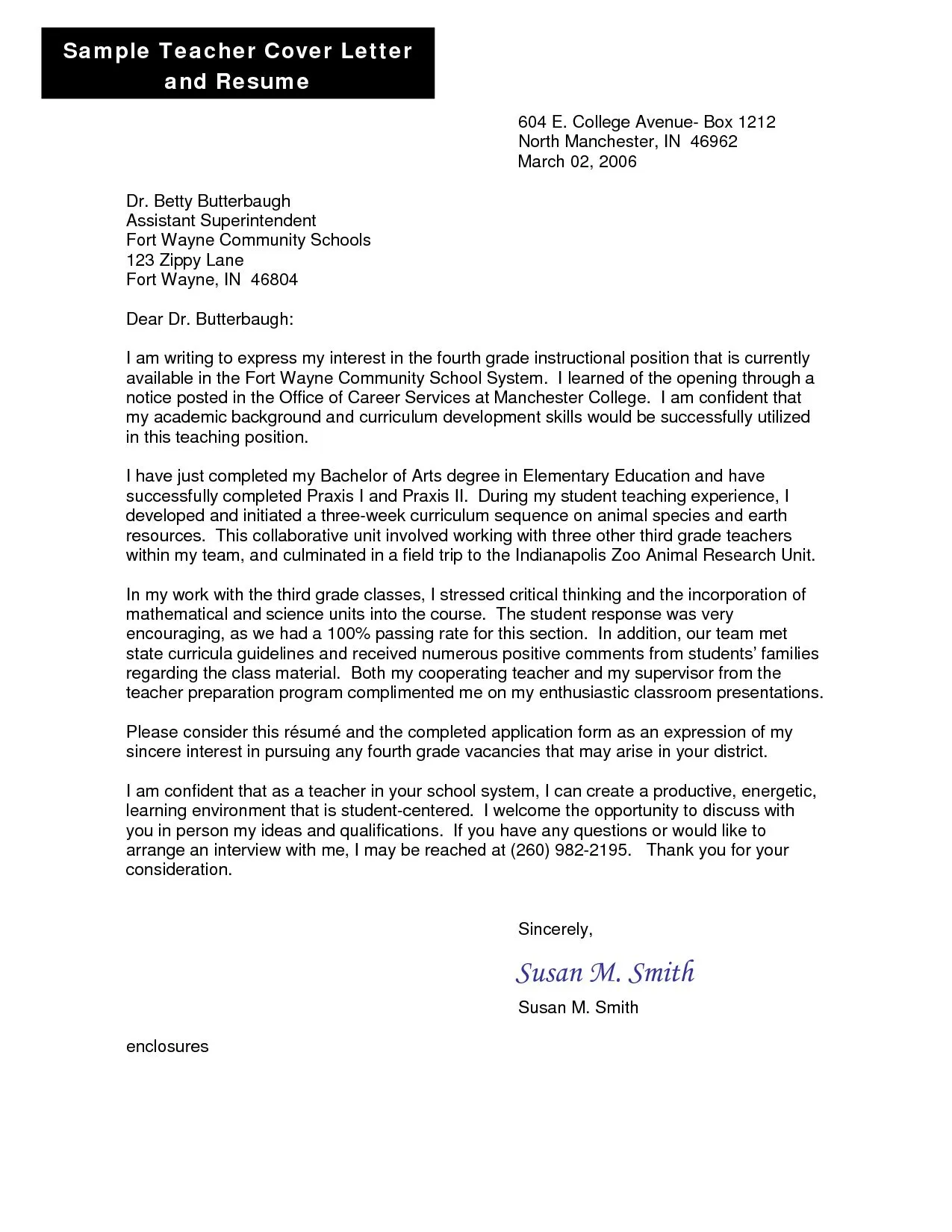
The primary purpose of a cover letter is to introduce yourself and express your interest in a specific job. It’s your chance to explain why you’re the ideal candidate and how your skills and experience align with the company’s needs. A cover letter allows you to elaborate on your resume, providing more context and detail about your achievements and aspirations. It’s also an opportunity to showcase your writing skills and communication style, demonstrating your professionalism and attention to detail. Cover letters can be a great way to get past the bots and get your application seen by a real person. Showing enthusiasm is one of the main purposes of a cover letter.
How Cover Letters Get You Interviews
A compelling cover letter can significantly increase your chances of getting an interview by capturing the hiring manager’s attention and making them want to learn more about you. By tailoring your letter to the specific job requirements and highlighting your relevant skills and experiences, you demonstrate that you’ve done your homework and are genuinely interested in the role. A well-written cover letter showcases your personality, enthusiasm, and communication skills, making you a more memorable candidate. By addressing any potential gaps in your resume and explaining your career goals, you provide a complete picture of your qualifications and potential. A strong cover letter builds a positive first impression and encourages the hiring manager to invite you for an interview.
Key Cover Letter Secrets
To craft a truly impactful cover letter, focus on these key secrets that will help you stand out from the competition. These are the elements that turn a generic cover letter into a compelling narrative that captivates hiring managers. This section will focus on the most important aspects of writing an effective cover letter that will grab the attention of recruiters and hiring managers. Highlighting achievements, using action verbs and tailoring the letter to each job are all crucial.
Highlighting Your Achievements
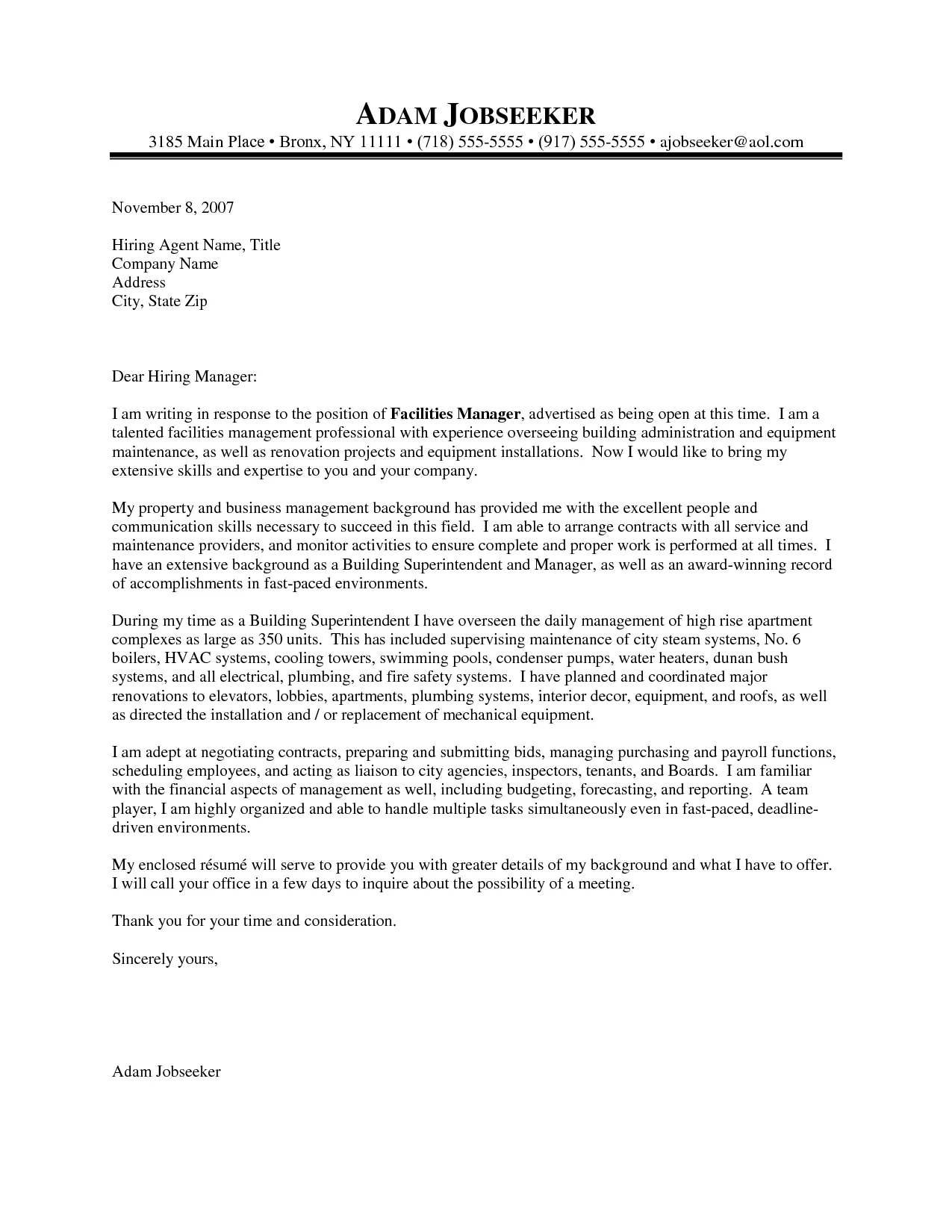
Instead of simply listing your responsibilities, focus on showcasing your accomplishments and the positive impact you’ve made in previous roles. Quantify your achievements whenever possible, using numbers and data to demonstrate your success. Use the STAR method (Situation, Task, Action, Result) to structure your examples and provide a clear and concise narrative. This approach helps hiring managers understand the context, your specific actions, and the measurable outcomes of your efforts. Highlighting your achievements makes you appear more credible and gives the hiring manager something tangible to remember.
Quantifying Your Accomplishments
Numbers speak louder than words. Whenever possible, quantify your accomplishments to provide concrete evidence of your skills and abilities. Instead of saying “Improved sales,” say “Increased sales by 20% in one quarter.” Instead of “Managed social media,” say “Grew social media following by 5,000 followers in six months.” Providing specific metrics makes your achievements more compelling and memorable. It shows the hiring manager the value you bring to the table and how you can contribute to their company’s success. Quantifying your accomplishments will help you to stand out from other candidates.
Using Action Verbs Effectively
Action verbs are the building blocks of a dynamic and engaging cover letter. Start each bullet point or paragraph with a strong action verb to showcase your skills and accomplishments. Examples include “Managed,” “Developed,” “Implemented,” “Led,” “Achieved,” “Created,” and “Optimized.” Using action verbs brings your experiences to life and makes your letter more compelling. They also help to demonstrate your proactivity and initiative. Avoid using passive voice; instead, use active voice to clearly articulate what you did and the impact you made. This is one of the most important elements of writing a strong cover letter.
Tailoring Your Letter to the Job
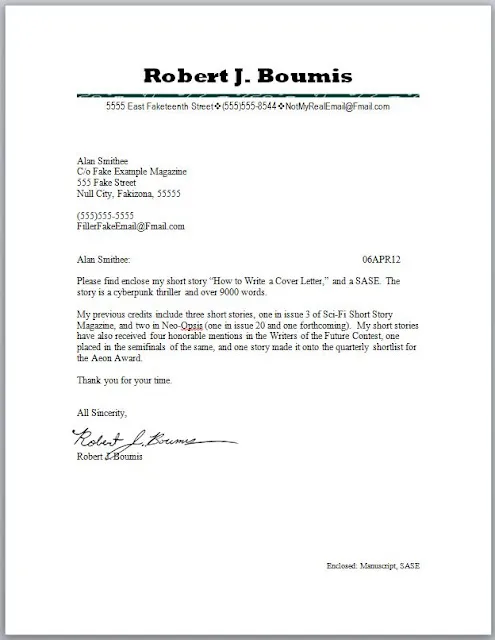
One of the biggest mistakes job seekers make is sending out generic cover letters that are not tailored to the specific job and company. To impress hiring managers, customize your cover letter for each position you apply for. Carefully review the job description and identify the key skills and qualifications the employer is seeking. Then, highlight your relevant experiences and achievements, using the same keywords and phrases from the job description. This shows that you’ve taken the time to understand the role and that you possess the skills and qualities the employer desires.
Researching the Company and Role
Before you start writing, conduct thorough research on the company and the specific role you’re applying for. Visit the company website, read recent news articles, and check out their social media profiles. This research will help you understand the company’s culture, values, and goals. Use this information to tailor your cover letter and demonstrate why you’re a good fit. Highlight the specific aspects of the company that appeal to you, and explain how your skills and experience align with their mission and values. This level of detail shows that you’re genuinely interested in the opportunity and have taken the initiative to learn about the organization.
Addressing the Hiring Manager Directly
Whenever possible, address your cover letter to the specific hiring manager or recruiter. This shows that you’ve done your homework and are attentive to detail. You can usually find the hiring manager’s name on the job posting or by researching the company’s website or LinkedIn. If you cannot find the name of the hiring manager, you can address the letter to “Hiring Manager”. Avoid using generic greetings such as “To Whom It May Concern.” A personalized greeting makes your cover letter more engaging and demonstrates your level of enthusiasm for the position.
Cover Letter Formatting
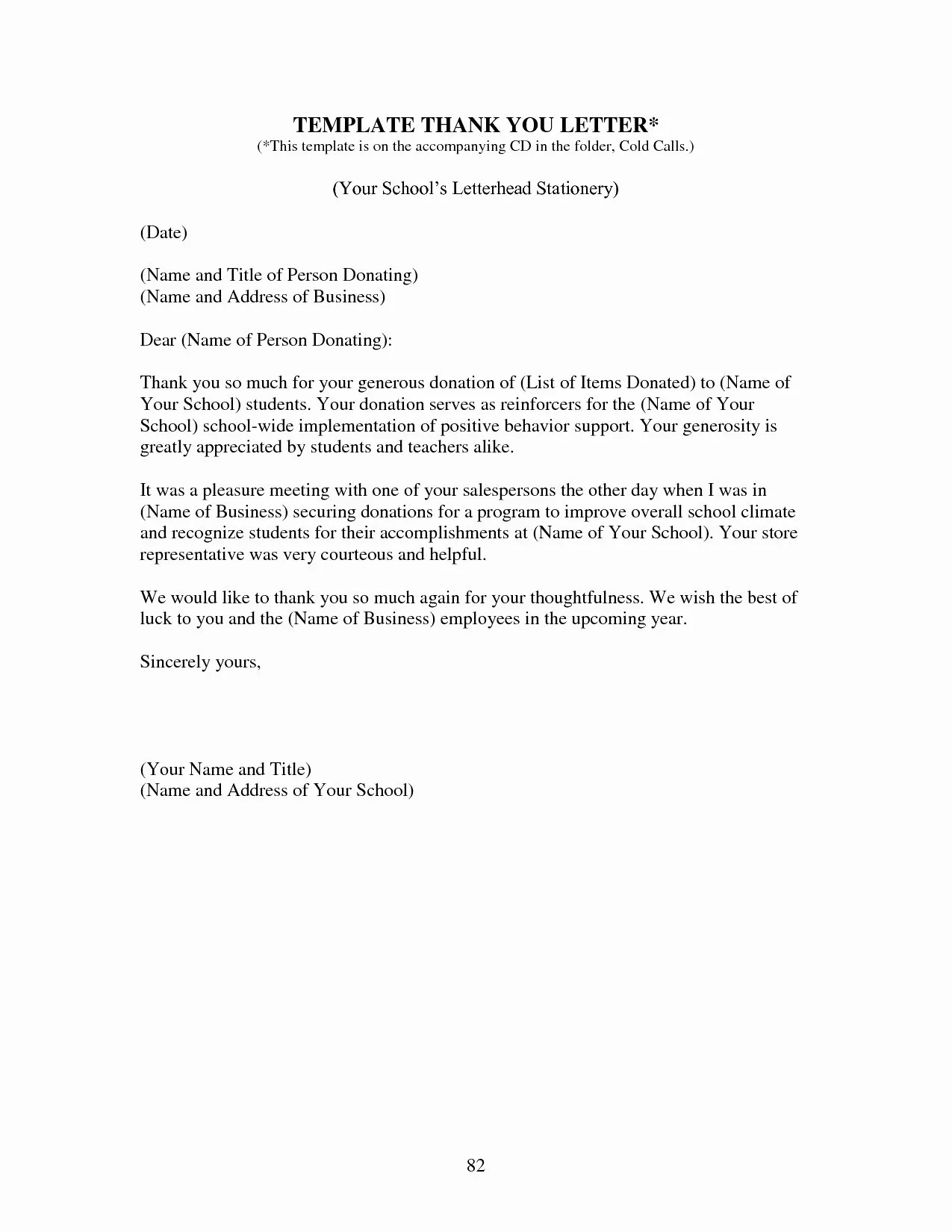
The format of your cover letter is just as important as its content. A well-formatted letter is easy to read and visually appealing, making a positive first impression on the hiring manager. Pay attention to the layout, font, and overall presentation of your cover letter to ensure it is professional and polished. Clean formatting is very important to show you are paying attention to detail.
Choosing the Right Font and Layout
Choose a professional and easy-to-read font, such as Times New Roman, Arial, or Calibri. Use a font size between 10 and 12 points. Ensure your cover letter has a clear layout with adequate margins and spacing. Use headings, bullet points, and white space to break up large blocks of text and make it more visually appealing. Avoid using overly fancy or distracting fonts and layouts that could detract from your message.
Keeping Your Letter Concise and Readable
Hiring managers are busy, so keep your cover letter concise and to the point. Aim for one page in length, and use clear and concise language. Avoid using jargon or overly complex sentences. Focus on conveying your key qualifications and enthusiasm for the position in a straightforward manner. Use short paragraphs and bullet points to break up the text and make it easy to scan.
Proofreading and Editing Your Letter
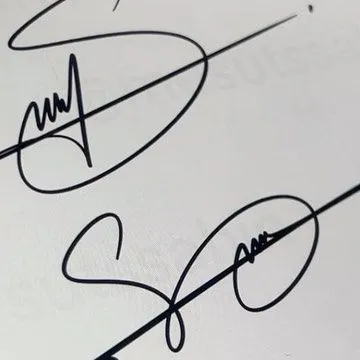
Before you submit your cover letter, carefully proofread and edit it for any typos, grammatical errors, or formatting issues. Even a small mistake can make a negative impression. Read your letter aloud to catch any awkward phrasing or unclear sentences. Ask a friend or family member to review your letter and provide feedback. Ensure your cover letter is free of errors and polished to perfection.
Common Cover Letter Mistakes to Avoid
Avoiding these common mistakes will increase the effectiveness of your cover letter. Be mindful of what mistakes to avoid, because that will give your cover letter an advantage. Reviewing these mistakes before applying for a job can be an important step.
Generic Cover Letters
Avoid using generic cover letters that are not tailored to the specific job and company. Generic letters show a lack of effort and interest, and they are unlikely to impress hiring managers. Always customize your cover letter for each position, highlighting your relevant skills and experiences and demonstrating your understanding of the company’s needs. Generic cover letters will be discarded right away because they show the candidate has no specific interest in the role.
Typos and Grammatical Errors
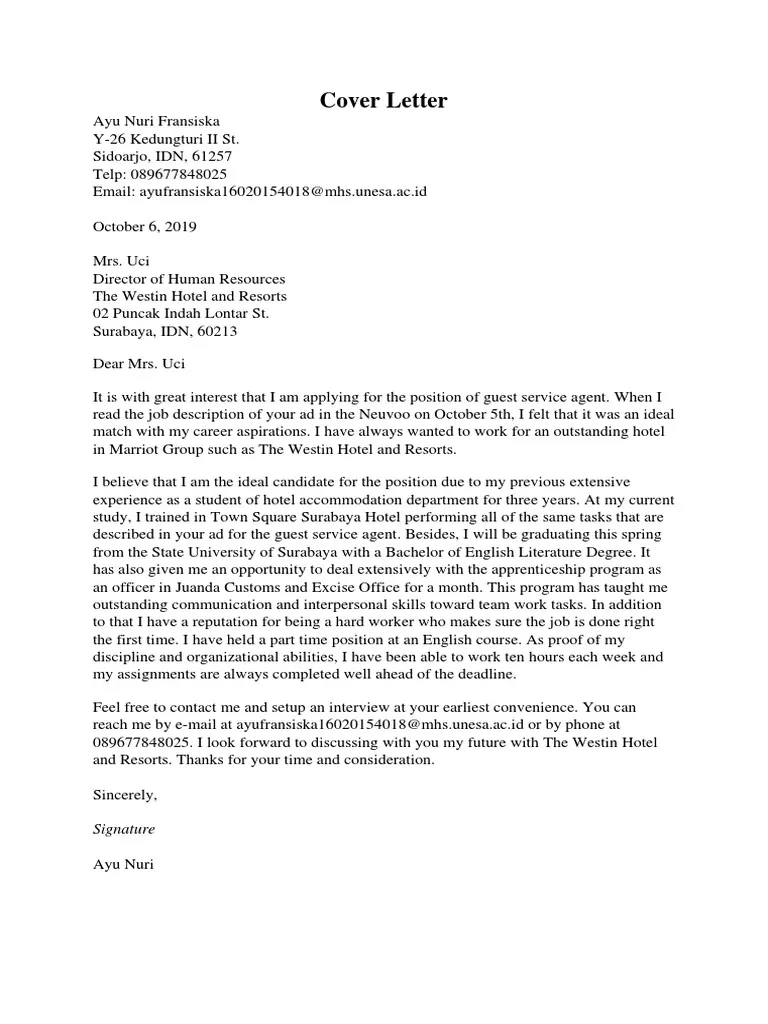
Typos and grammatical errors can undermine your credibility and make you appear unprofessional. Always proofread your cover letter carefully before submitting it. Use spell-check and grammar-check tools, and ask a friend or family member to review your letter. Errors can make a negative first impression, so it is important to ensure the cover letter is free of them. Reviewing your cover letter will improve the chances it is accepted.
Focusing on Yourself, Not the Employer
While your cover letter is about you, it should also focus on how you can benefit the employer. Instead of simply listing your skills and experiences, explain how you can use them to solve their problems and achieve their goals. Demonstrate your understanding of the company’s needs and explain how your skills and experiences make you the ideal candidate. Focus on the value you can bring to the company.
Cover Letter Examples
Here are some examples of cover letters for different roles and scenarios.
Cover Letter for a Marketing Role
Dear [Hiring Manager name], I am writing to express my enthusiastic interest in the Marketing Manager position at [Company Name], as advertised on [Platform]. With [Number] years of experience in developing and executing successful marketing campaigns, I am confident that I possess the skills and expertise to significantly contribute to your team. In my previous role at [Previous Company], I led a campaign that increased lead generation by 30% within a quarter. I am particularly drawn to [Company Name]’s innovative approach to [Specific aspect of the company]. My enclosed resume provides further details on my qualifications, and I am eager to discuss how my skills align with your marketing objectives. Thank you for your time and consideration. Sincerely, [Your Name]
Cover Letter for a Software Engineer
Dear [Hiring Manager name], I am writing to express my interest in the Software Engineer position at [Company Name]. I have a passion for developing innovative solutions. My background in [programming languages] and experience in [specific software areas] align perfectly with the requirements outlined in the job description. During my time at [Previous company], I was instrumental in the design and implementation of [Project Name], which resulted in a 20% improvement in system efficiency. I am excited about the opportunity to contribute to [Company Name]’s cutting-edge projects. Thank you for considering my application. I look forward to discussing my qualifications in an interview. Sincerely, [Your Name]
Cover Letter for an Entry Level Position
Dear [Hiring Manager name], I am writing to apply for the [Job Title] position at [Company Name], which I saw advertised on [Platform]. As a recent graduate of [University] with a degree in [Major], I am eager to start my career in the [Industry] field and am particularly excited about the opportunity to learn and grow at [Company Name]. While I may be new to the professional world, I have a strong foundation in [relevant skills] and a proven ability to quickly learn new concepts. During my studies, I successfully completed [relevant projects], which honed my skills in [specific skills]. I am very excited to contribute to [Company Name]. Thank you for your time and consideration. I look forward to hearing from you soon. Sincerely, [Your Name]
